The transition between the US and Zambia is always difficult and, thus, an opportunity for self-reflection and growth. When we travel in the United States (for about 2 and ½ months each year), we do so as guests beholden to others who lift us up materially. Our families and friends house and feed us, and provide more than we could ask for materially. We find ourselves choosing to dine in, avoiding drinks or expensive meals out, and humbling ourselves about the cost of nearly everything (how many Kwacha is that!?). Meanwhile, we try to reciprocate by providing spiritual and emotional nourishment for our hosts. Living in nature and community for 9 and 1/2 months a year, we build a reserve to share with those we visit.
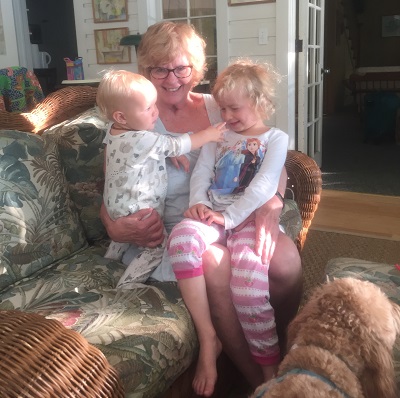
When in Zambia, things flip completely. Here, we are material providers to so many, while the community around us lifts us up through prayer, gratitude, and the shear relativity of witnessing the humility with which many of our Zambian colleagues handle material struggle. Our lives are so easy materially, and not a day passes which doesn’t offer the chance to be grateful for all we have been blessed with.
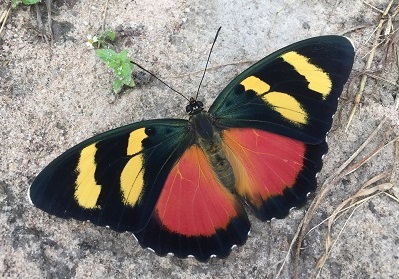
This social metamorphosis is a blessing, because after nearly 10 months of having people ask for material assistance, one can become jaded and exhausted. There is simply too much need to be met. This can lead to ego boosting and harsh treatment of those who are in need (which we try by all means to avoid). Then we come to the US, and we must humble ourselves and ask for help. And we feel, very slightly, what it must be like to have so little that one must rely on others. Yet this same reliance on others is what makes community.
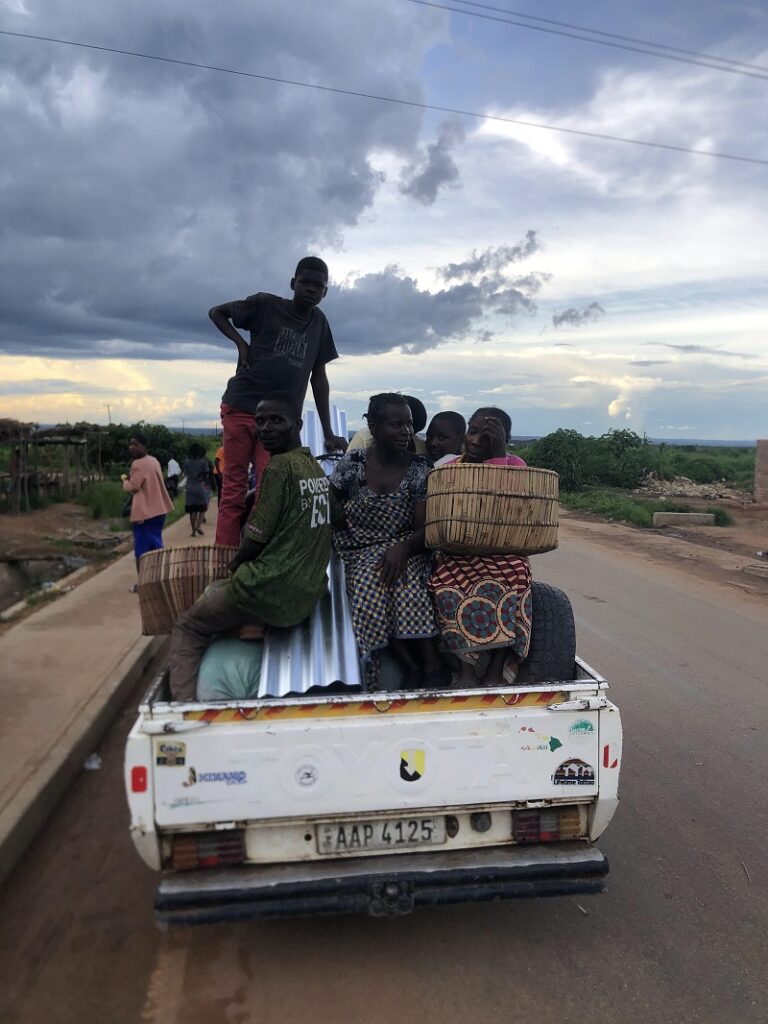
It is so often noted that the material and technological solutions of the Western world could, if implemented and adopted correctly, greatly abate the material struggles and suffering found in Zambia (or Africa more generally, but you’ll find me avoiding this term to describe the most diverse continent on earth). What is often missed is that Zambian communal solutions, with its interwoven social networks and focus on humanity and community (ubuntu), could, if implemented and adopted correctly, greatly abate the suffering found in the Western World. If we, as an American culture, would simply humble ourselves and learn to listen to one another – we would find the solutions to the crisis of social isolation and spiritual delusion which threaten to destabilize our society.
We live here in service to many. Yet every day we are given more than we offer – in terms of wisdom and proper conduct – smiles, laughter, insight, humility and acceptance. After living in Zambia for 10 years, I can still say that I’m learning more than I’m teaching. Everyone we encounter is a teacher – some teaching us what to do, others what not to do. Many of those who have shown me “how to be” are ‘illiterate’. Many of those who are ‘educated’ have shown me more about how not to be…
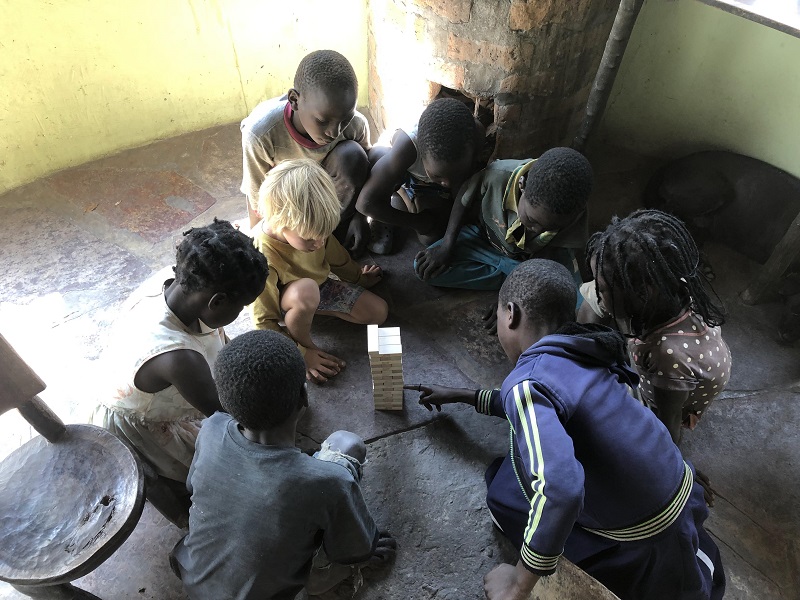
Each time I change worlds, I leave behind more of what I had identified as “self”, but which was in fact circumstantially created. What I mean is, completely changing my surroundings and role in society allows me to find out what things remain the same, and are thus more essentially “me”.
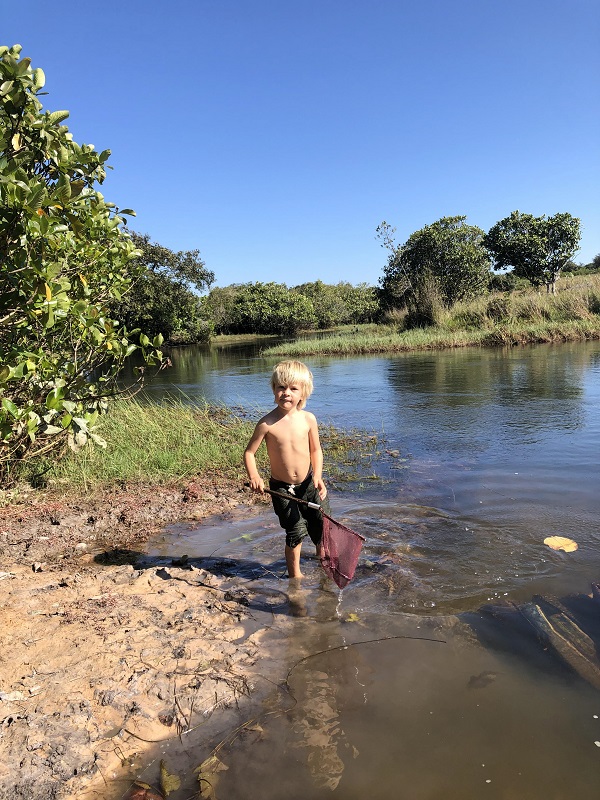
The children are a beautiful mirror in this process. Ayla went from speaking almost no English when we left Zambia in June, to complete English sentences within 2 or 3 weeks. When we returned to Zambia in mid-August, she had forgotten all her Bemba. Within a month, she had flipped again, and is now speaking almost entirely Bemba. Perhaps this is a reflection of our internal mind-states as adults, and how they shift depending on the environment around us – since our external reality mirrors our internal process.
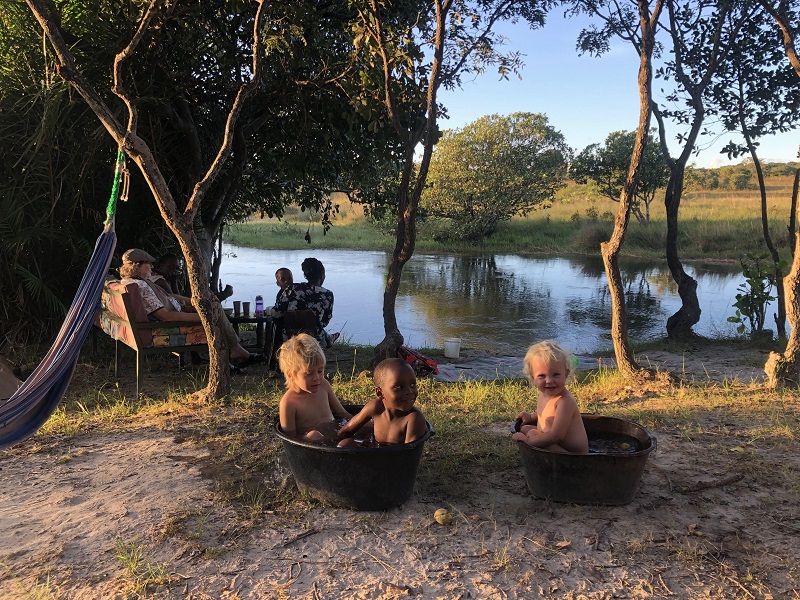
Thus, the process of adapting into these disparate realities is a process of introspection and growth. Each return is an opportunity to see the world with fresh eyes, and focus on the light which shines in both cultures. As I reflect on our time in the US, I am grateful for the light we find there: strong work ethic, a focus on honesty and integrity, self-motivation and assertive conversation (telling people what you really think). As I return to Zambia, I focus on the light which shines through here: communal interdependence, adaptability, deep listening, acceptance, humility.